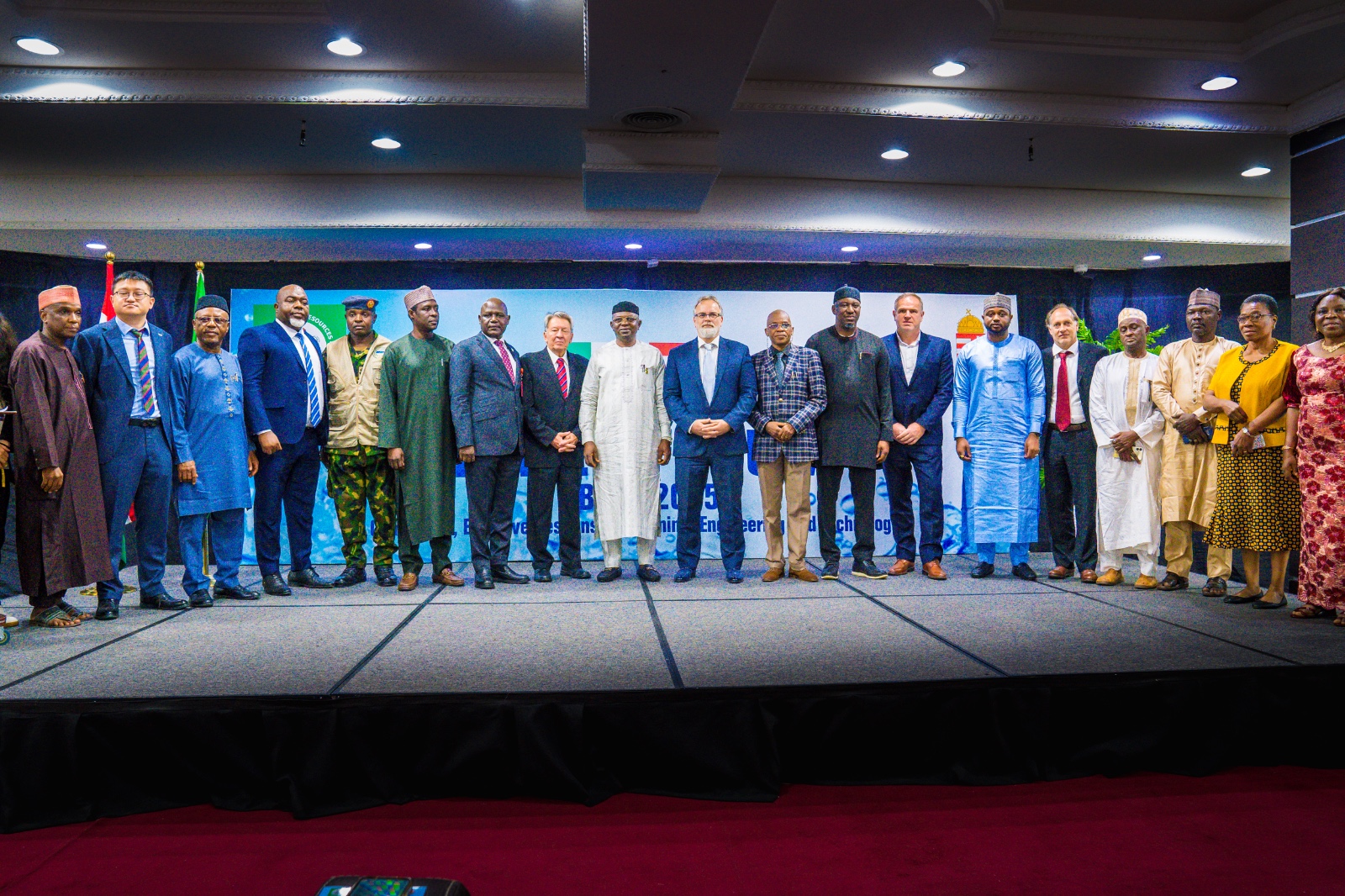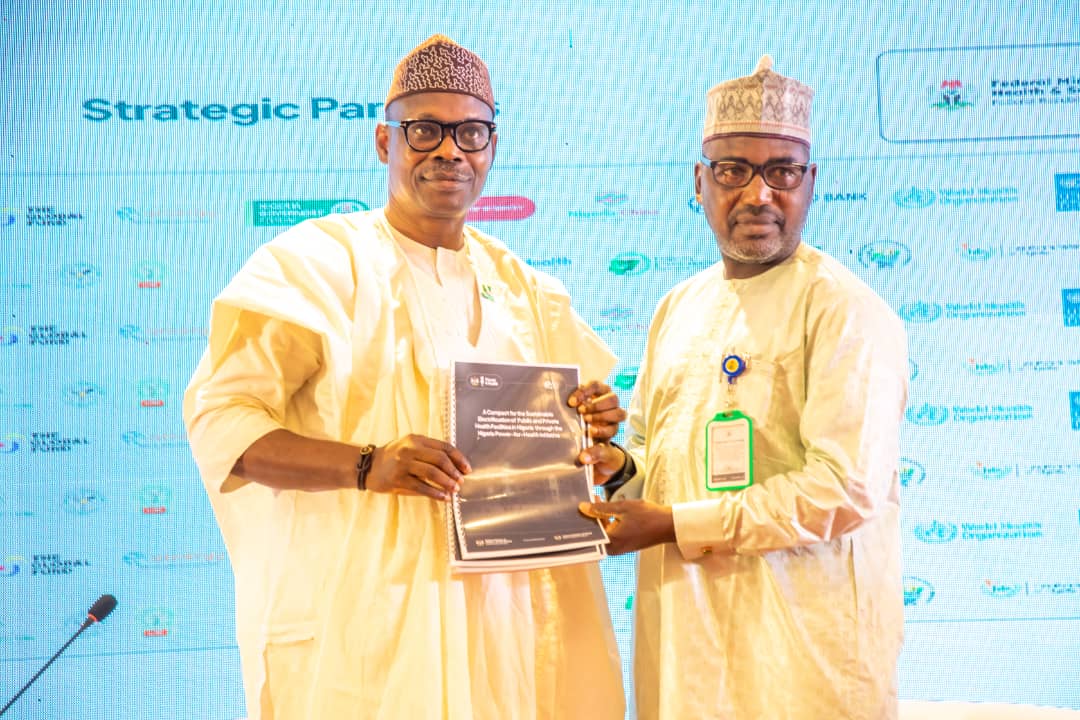
Lusaka, Zambia – African health ministers have opened the Seventy-fifth Session of the World Health Organization (WHO) Regional Committee for Africa in Lusaka, setting an ambitious agenda to transform the continent’s health systems, tackle persistent crises, and strengthen preparedness against future threats.
The three-day going summit slated from August 25 to 27, brings together ministers from all 47 member states of the WHO African Region. Delegates will adopt new policies to address oral health neglect, chronic blood shortages, limited rehabilitation services, maternal and child health crises, malaria elimination, and Africa’s critical health workforce deficit, while also strengthening health security after more than 250 public health events were recorded in 2024 alone.
Opening the meeting, Zambian President Hakainde Hichilema urged African leaders to harness lessons from COVID-19, position health as “a driver of trade and industrialization,” and harmonize public health policies to close inequality gaps. “We must commit to humanity and collaboration in every decision that enhances health and well-being across our continent,” he said.
Zambia’s Health Minister, Dr Elijah Muchima, echoed the call for deeper unity. “No single nation can overcome today’s complex health challenges alone. We must share expertise, deepen collaboration, and build lasting resilience,” he said.
WHO Director-General Dr Tedros Adhanom Ghebreyesus described the summit as pivotal for shaping “a sustainable future for health in Africa,” pledging WHO’s support for stronger, self-reliant national health systems.
READ ALSO: Africa Climate Summit/Week Must Unravel Equitable Solutions and Support Subnational Climate Action
BSN Launches 2025 Marathon Bible Reading Across Nigeria, Highlights Spiritual Renewal
WHO Regional Director for Africa, Dr Mohamed Janabi, stressed that health should be reframed as “a cornerstone of prosperity,” calling for systems that are inclusive, efficient, and people-centered.
The Lusaka summit is expected to set Africa’s health priorities for years to come, charting a path toward resilient health systems, healthier populations, and a stronger, self-sufficient continent.





